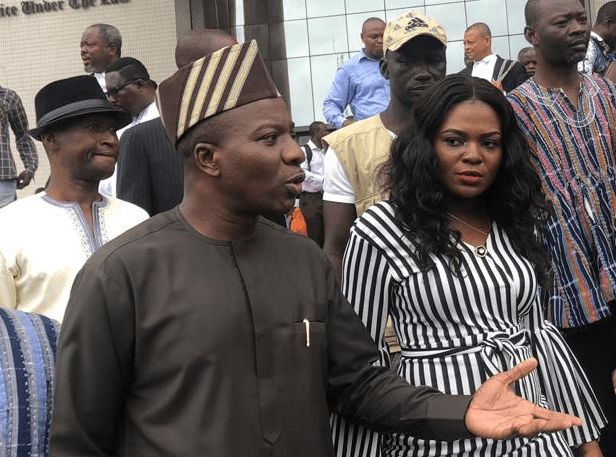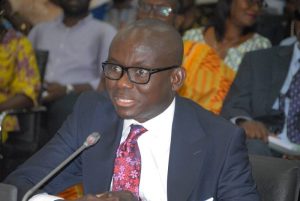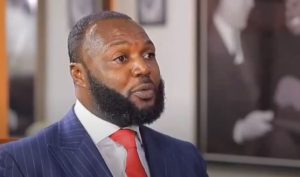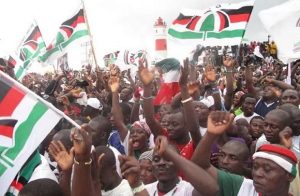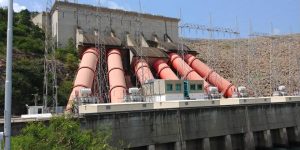The Member of Parliament for Bawku Central, Mahama Ayariga, has urged the government to urgently crackdown on persons instigating recent tensions in the Bawku Municipality.
Speaking on the Citi Breakfast Show, Mr. Ayariga, said social media was being used by some persons to foment trouble in the area.
“For the past several months and close to a year, there has been a lot of work on social media doing everything to instigate the situation that we have today.”
“Unfortunately, the state has not clamped down on these actors on social media, and it generates reactions on all sides and today, the situation is because of the activities of these people on social media.”
The tensions have led to several persons being wounded and a few deaths, including a police officer.
Recent tensions can be traced to December 27, 2021, when there was gunfire in parts of the town after attempts to perform the final funeral rites of a Chief who died about 41 years ago.
The violence resulted in a curfew being placed on the entire township, a ban on smock-wearing, and a ban on the use of motorbikes.
For the time being, Mr. Ayariga feels these tensions are “a simple law and order issue” hence his call for the state to take firm action.
“You cannot be allowed to resort to the use of violence to try and resolve your issues in this country when you are not the state.”
He further suggested the use of the Anti-Terrorism Act to prosecute the persons involved in the violence.
“The Anti-Terrorism Act is very clear on some things happening in Bawku and people can be prosecuted; both those who are instigating violence through their activities on social media, on radio, and on Whatsapp chat groups,” the MP said.
Mr. Ayariga, however, warned that the situation could escalate to levels of insecurity seen in some other West African countries, like Burkina Faso, that are battling extremists.
This is especially so following the killing of the police officer.
“That is what happened in the eastern part of Burkina Faso because it got to a point where government institutions and state actors could not go into those areas because if you were identified, you would be killed.”

